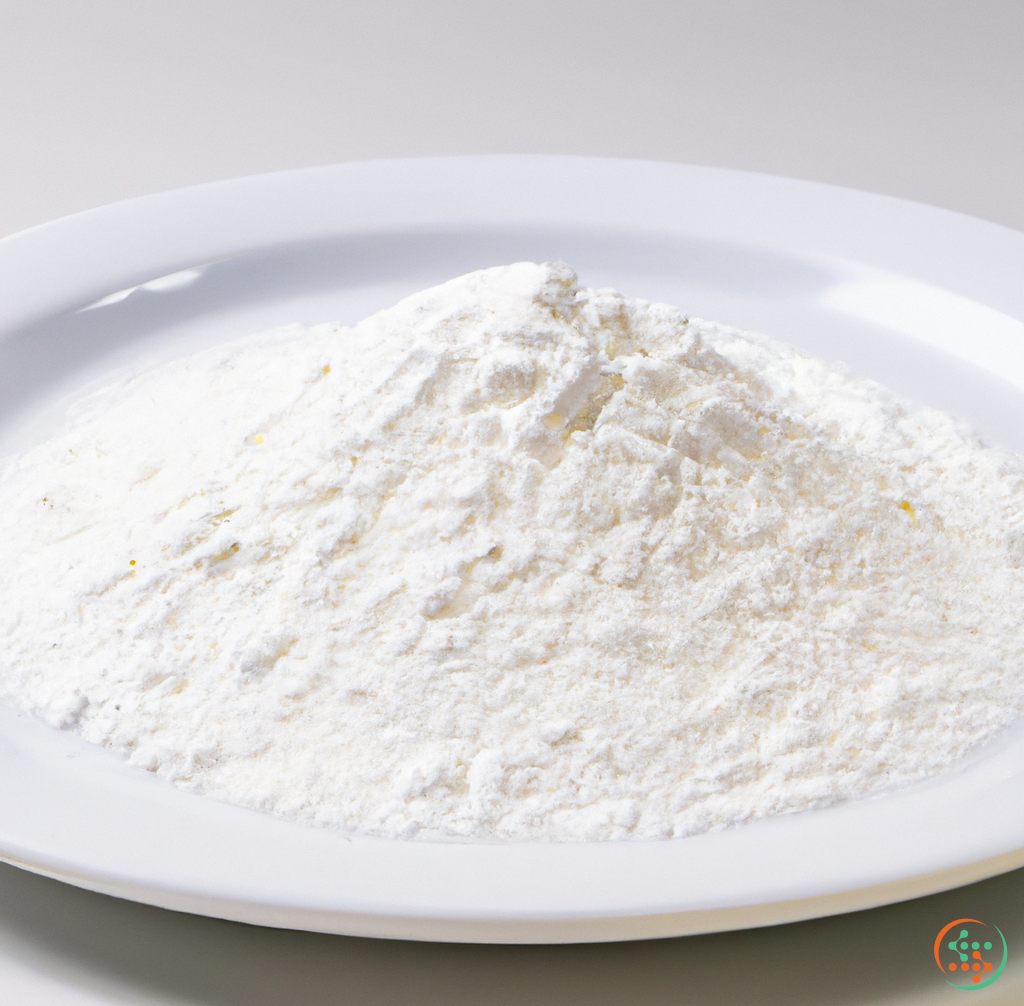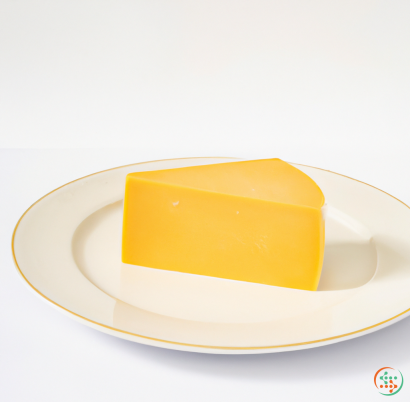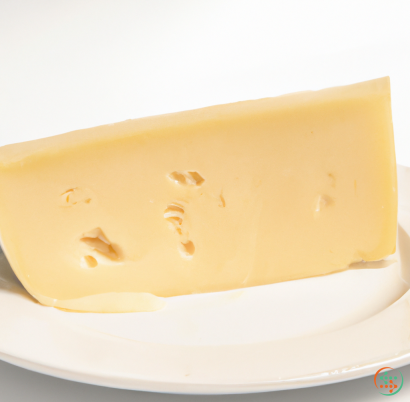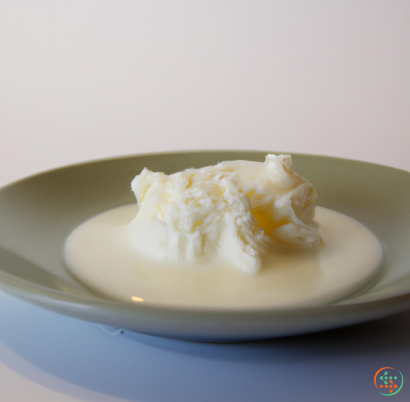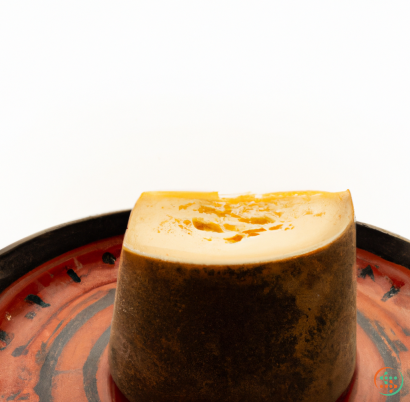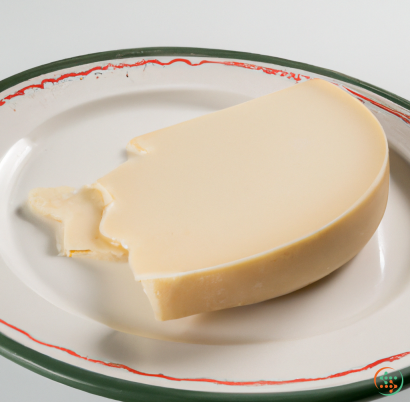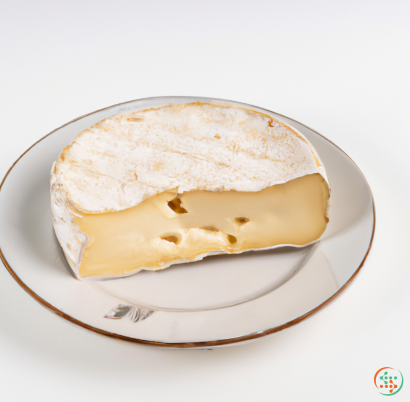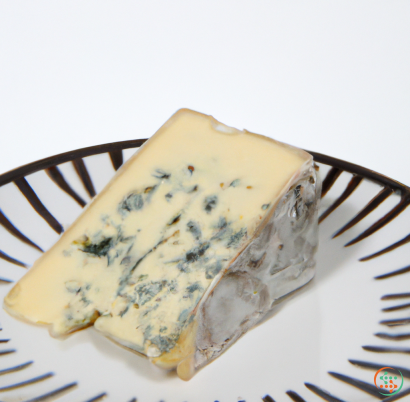Powdered Egg White
.
If you ever wondered what a powdered egg white is and what it’s used for, look no further! This article will provide you with the information you need to understand what powdered egg white is, the health benefits it offers, the different ways you can use it, and how to store it.
What is Powdered Egg White?
Powdered egg white, sometimes referred to as egg white powder, is exactly what it sounds like - a powder form of the hallowed egg white. This food product is made from pasteurized egg whites that have been dried and powdered into a fine, white, granulated form.
Health Benefits of Powdered Egg White
Powdered egg whites are a great source of protein and contain all nine essential amino acids. It is low in calories and fat and high in nutrition, providing more protein per gram than plain egg whites. The powdered form is convenient and easy to use, making it a great addition to any healthy diet. Some studies have even suggested that they may help lower cholesterol, when consumed in moderation.
Furthermore, the powder has a longer shelf life than traditional egg whites, making it perfect for convenience. Because there is no dealing with cracked eggs and separating whites from yolks, it is a tremendous time saver. The powder is also a hygienic alternative for those with allergies to uncooked egg whites.
How to Use Powdered Egg White
Powdered Egg white has a variety of uses and can be incorporated in both sweet and savory dishes. Some of the most common uses include:
• Baking: The powder is an excellent vegan substitute for recipes that call for egg whites, such as meringues, macaron shells, and angel cake.
• Cocktails: The powder is often used as the main ingredient in drinks like the foamy egg white cocktails. It helps to make drinks smooth, frothy, and creamy.
• Smoothies and Shakes: Powdered egg white can also be added to healthy shakes and smoothies. It helps to add protein while making the drink creamier and more satisfying.
• Egg White Omelet: One of the best uses of the powder is in homemade omelets. To make, simply whisk powder with water until it resembles the consistency of egg whites, and then fry up like a regular omelet.
• Pancakes: The powder can be added to pancake batter to give it a protein boost and a light, fluffy texture.
How to Store Powdered Egg White
Powdered egg whites can easily be stored in an airtight container and kept refrigerated for several months. If kept in its original packaging and resealed properly after use, the powder can also be frozen for up to a year. For best results, keep the powder in its original container and keep it away from humidity.
Conclusion
Powdered egg white is a convenient and nutritious food product that can be used in a variety of dishes. It offers a great source of protein and is quick and easy to use. Not only that, but it also has a longer shelf life than regular egg whites, making it a great time saver. Whether you’re vegan or allergic to uncooked egg whites, powdered egg white is an excellent choice for a healthy diet.
Egg whites are a versatile ingredient used in countless recipes, from gluten-free cakes to delicious meringues and soufflés. But have you ever wondered how the egg white starts out in its raw form and ends up in your kitchen cupboard in powdered form?
In this blog post, we’ll take a look at the journey of a single egg white, beginning with production on a hen farm and continuing on to the manufacturing process, packaging, and delivery to your plates.
Egg Production
The journey of an egg begins with the chicken. An egg can take up to 26 hours to form inside the chicken, starting with ovulation and progressing through several stages of development. The chicken reserves its main protein, albumin, specifically for egg white formation.
Once formed, the egg will pass through the cloaca and be laid. The egg's journey then begins in earnest, as human hands take over.
Hen Farms
Often, eggs are laid in small hen houses or larger barns, equipped with cages to protect the hens and their eggs. Humans then collect the eggs, each of which is unique in size and colour.
In recent years, more and more egg producers have switched from traditional caged operations to barns which provide chickens with more room to move around and behave naturally. This has created higher quality eggs and a more humane working environment.
Sanitation
Once collected, eggs are taken to a sanitation station to be cleaned and graded.
First, they go through a series of brushes and vibrations that remove dirt and feathers. Then, they go through a series of “candling” lamps that allow human graders to see inside the eggshell. This helps them identify any cracks or dirt spots which may have gone unnoticed during the initial cleaning.
Finally, the eggs are stored in lined trays which are manually scanned and labelled with date and time stamps. This ensures the eggs make it to the processing plant while they’re at their peak freshness.
Processing
When eggs arrive at the processing plant, they’re ready to be transformed into a variety of different egg products. Powdered egg whites are one of these products.
To create powdered egg whites, the eggshells are first cracked open, and the egg whites are collected from the yolks and whites. The egg whites are then heated and pasteurized to kill any potential bacteria.
The pasteurized egg whites are then filtered to remove large particles and shredded into tiny pieces. This ensures that when the egg whites are rehydrated in water, all pieces dissolve uniformly.
Finally, the egg whites are dried and powdered. The egg white powder is typically mixed with other ingredients such as maltodextrin or cornstarch to stabilize its texture.
Packaging
Once the powdered egg whites are blended, they’re ready to be packaged and shipped.
Packaging is designed to keep the powder fresh and free from contamination. It can come in any shaped package or container, depending on the preferences of the consumer. It’s usually made of plastic or metal, with a resealable lid to preserve the product within.
Delivery
Once the product is packaged, it’s ready to be delivered to stores, restaurants, cafes, and other food outlets. This can be done through various transport companies, either direct or indirect.
Large multi-national companies often have their own delivery fleets, while retailers may rely on third party couriers. The egg white powder is transported to its destination in temperature-controlled conditions, and monitored at all stages of the delivery to ensure it arrives in the optimal condition.
Final Use
The egg white powder is then stored in grocery stores, supermarkets, and other food outlets until it is purchased. Once it’s bought, the ultimate goal is to get it onto your plate.
Back in your kitchen, you can easily rehydrate and function in place of fresh egg whites. All you need to do is mix the powder with water, whisk it up, and use it to make anything from light and fluffy meringues to flavorful, protein-packed pancakes.
Conclusion
From beginning to end, the journey of a single egg white has been quite a complicated journey. From the hen houses to the egg processing plants, to packaging and delivery, there are several steps involved in creating the powdered egg white that makes it to your dinner plate.
This process, however, ensures that the egg whites are of the highest quality and can be easily used in a variety of different recipes. So next time you reach for your carton of powdered egg whites, you’ll know exactly how they got there!
| Vitamin B1 | 0.01 mg | |
| Vitamin B2 | 0.00253 grams | |
| Vitamin B3 | 0.87 mg | |
| Vitamin B4 | 0.0084 grams | |
| Vitamin B5 | 0.78 mg | |
| Vitamin B6 | 0.04 mg | |
| Vitamin B9 | 0.018 mg | |
| Vitamin B12 | 0.18 ug |
| Calcium | 0.062 grams |
Daily Value 1.3 g
|
| Iron | 0.15 mg |
Daily Value 0.018 g
|
| Magnesium | 0.088 grams |
Daily Value 0.4 g
|
| Phosphorus | 0.111 grams |
Daily Value 1.25 g
|
| Potassium | 1.125 grams |
Daily Value 4.7 g
|
| Sodium | 1.28 grams |
Daily Value 2.3 g
|
| Zinc | 0.1 mg |
Daily Value 0.011 g
|
| Copper | 0.11 mg |
Daily Value 0.9 mg
|
| Manganese | 0.01 mg |
Daily Value 0.0023 g
|
| Selenium | 0.1251 mg |
Daily Value 0.055 mg
|
| Tryptophan | 0.999 grams | |
| Threonine | 3.685 grams | |
| Isoleucine | 4.581 grams | |
| Leucine | 6.838 grams | |
| Lysine | 5.515 grams | |
| Methionine | 2.79 grams | |
| Cystine | 2.102 grams | |
| Phenylalanine | 4.736 grams | |
| Tyrosine | 3.153 grams | |
| Valine | 5.164 grams | |
| Arginine | 4.412 grams | |
| Histidine | 1.83 grams | |
| Alanine | 4.684 grams | |
| Aspartic Acid | 8.253 grams | |
| Glutamic Acid | 10.77 grams | |
| Glycine | 2.842 grams | |
| Proline | 3.153 grams | |
| Serine | 5.593 grams |
| Total Sugars | 5.4 grams |
per 100g
|
